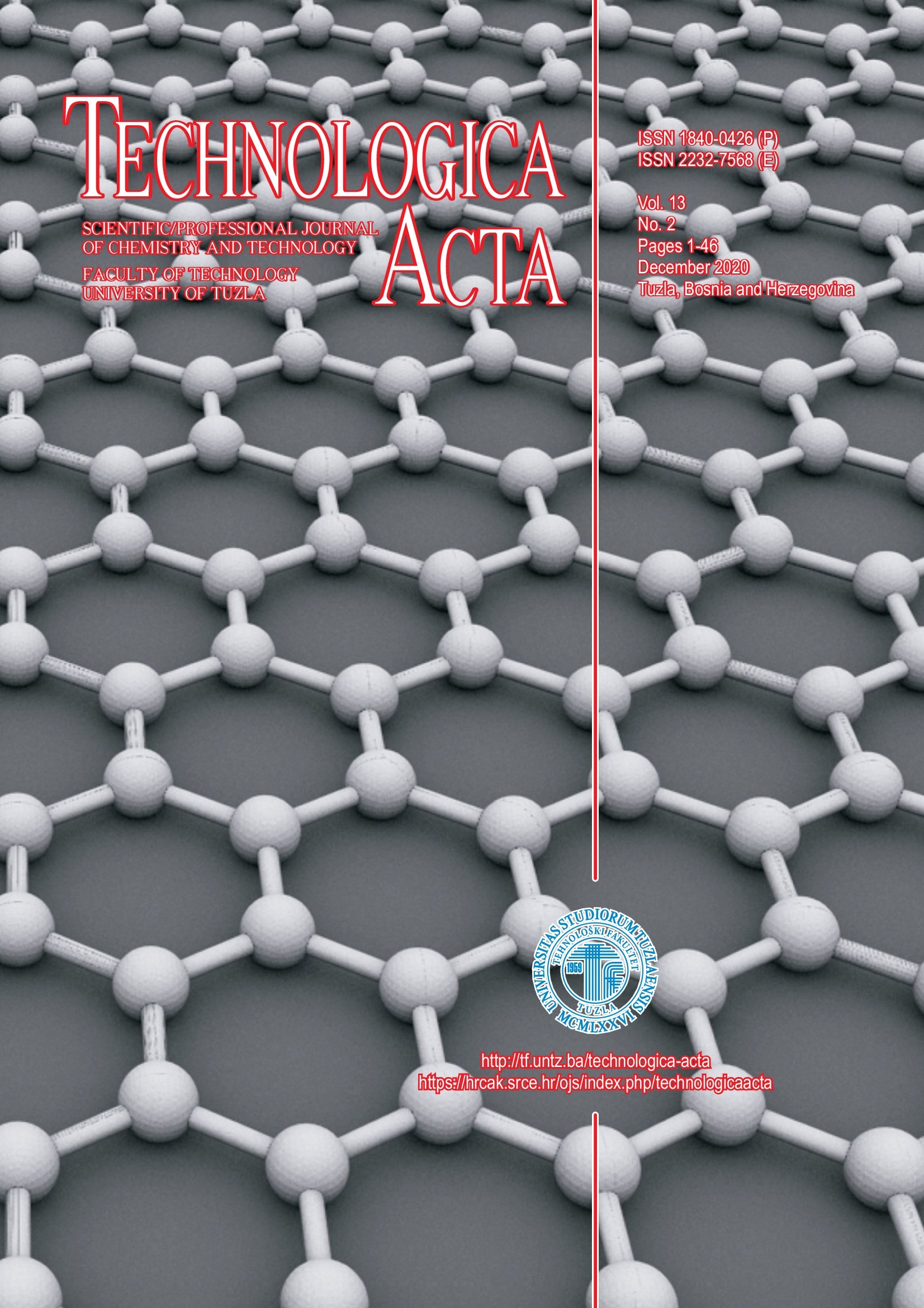Antimicrobial activity of liposomal and non-liposomal vaginal suppositories with Origanum compactum essential oil
Keywords:
vaginal suppository, liposome essential oil, Origanum compactum, antimicrobial activityAbstract
Origanum compactum (Lamiaceae) is an endemic species of oregano from Morocco, and the main components are carvacol and thymol, which are considered to have antimicrobial activity. Essential oils can be unstable, poorly soluble in water and poorly delivered to target cells. The incorporation of essential oils into liposomes can reduce their irritant effect, while at the same time prolonging the action of the preparation itself as well as increasing its effectiveness. The aim of our study was to investigate antimicrobial activity of liposomal and non-liposomal vaginal suppositories, and see if there are any differences in antimicrobial activity. Examination of the antimicrobial activity of vaginal suppositories was examined in the same way as the antimicrobial activity of the essential oil, by the disk diffusion method. There were used standard bacterial strains from ATCC collection: Staphylococcus aureus (S. aureus) ATCC 25923, Enterococcus faecalis (E. faecalis) ATCC 51299, Escherichia coli (E. coli) ATCC 25922, Candida albicans (C. albicans) ATCC 10231. Liposomal vaginal suppositories had a smaller inhibition zones probably due to the slower release of active components, but still have an advantage over non-liposomal vaginal suppositories because they reduce the irritating potential of the essential oil.


